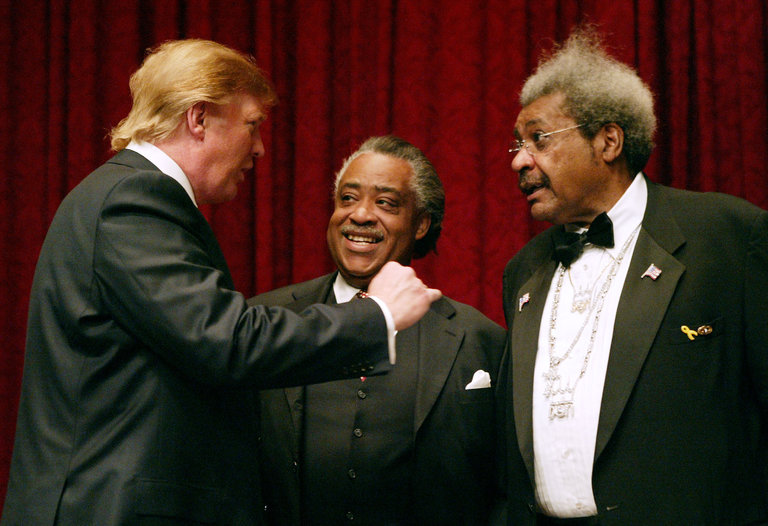I am pleased to announce a publication in the peer-reviewed journal, The American Sociologist: “Race and the Race for the White House: On Social Research in the Age of Trump” (non-paywalled link).
The essay demonstrates that a good deal of the social science research “proving” that race / racism was one of the primary drivers of Trump’s victory seems to suffer from glaring errors — and that these errors go unnoticed by the authors, peer-reviewers, the journalists who feature the work and the other academics who later cite it, apparently as a result of motivated cognition and confirmation bias.
The conclusion of the work explains why this is a problem that social researchers must urgently address. Unfortunately, I am not yet able to post the body of the paper on this site. However, this post collects a number of resources on this topic:
- Here is an interview of me discussing the paper, and the practical political implications of failing to understand why Trump won, on the Robert Wright Show. And I extend my critique to that much-discussed study by Diana Mutz on “status threat” and Trump support — showing it also suffers from glaring inferential, methodological (and even logical) errors.
- Here is an interview with the National Review on my findings on race, the broader problems of biased social research, and a takedown of the Ta-Nehisi Coates approach to antiracism.
- Here is a summary of the different studies produced by Heterodox Academy.
- Here I demonstrate that the same tendencies that distort research on the role of race in the 2016 cycle also hold for the literature on the role of gender/sexism.
- Here is show that the same kinds of issues that plague social research fields also tend to undermine the media — including (especially) on the topic of Trump.
